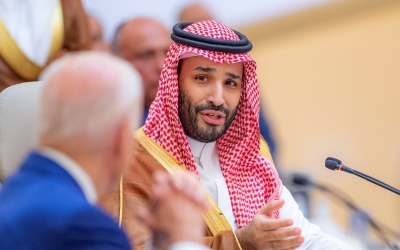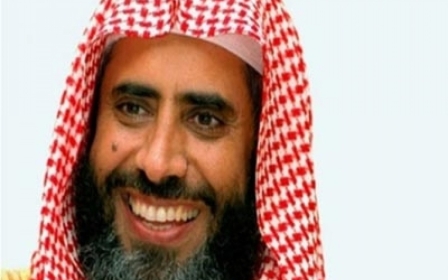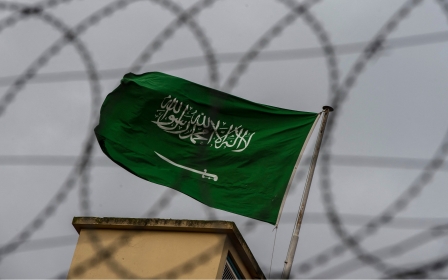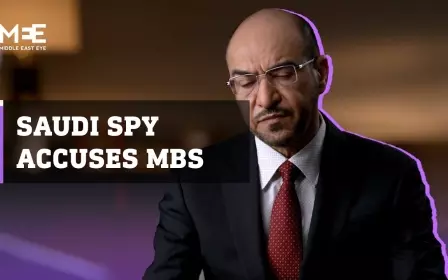Saudi Arabia: Son of imprisoned preacher flees kingdom to campaign for father's release
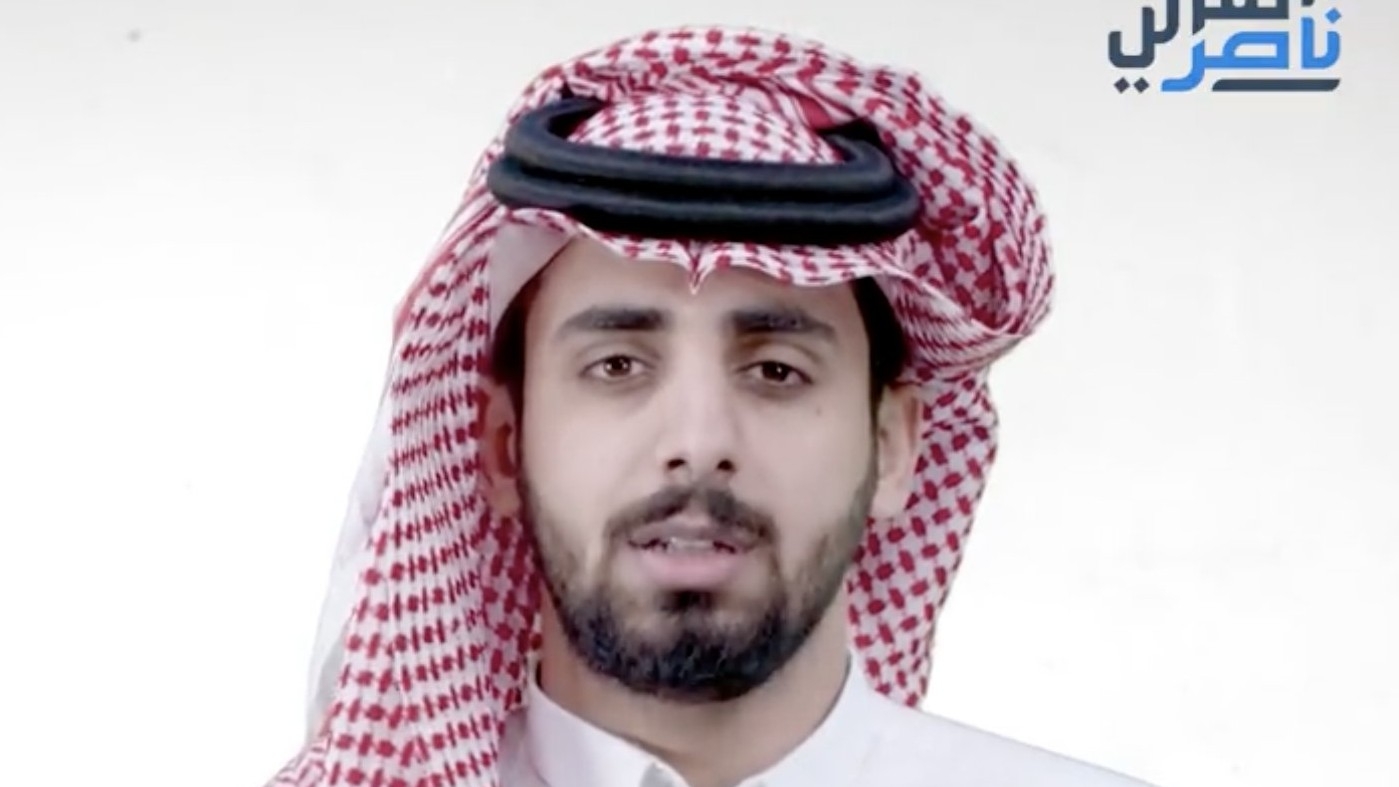
Nasser al-Qarni, son of the detained Saudi Arabian preacher Awad al-Qarni, has fled the country and criticised the government for continuing to imprison free speech activists.
Qarni, an industrial engineer, said in a video clip on Twitter that he had managed to leave Saudi Arabia for "a safe place", and that he would defend his father and campaign for his release.
Awad al-Qarni is a prominent preacher who taught at Saudi Arabia's Imam Mohammad Ibn Saud Islamic University and King Khalid University, and appeared on numerous television shows.
'I know that speaking out while in the country will lead to my arrest'
- Nasser al-Qarni, son of detained cleric Awad al-Qarni
He was arrested on 12 September 2017 along with a number of other religious figures, journalists, academics and activists, including Ali al-Omari and Salman Odah.
In September 2018, Saudi Arabia's public prosecutor called for all three preachers to face the death penalty.
New MEE newsletter: Jerusalem Dispatch
Sign up to get the latest insights and analysis on Israel-Palestine, alongside Turkey Unpacked and other MEE newsletters
Qarni, Omari and Odah are independent scholars with a large following among Saudi Arabian and Arab youth.
They are believed to have been arrested because they did not back Crown Prince Mohammed bin Salman's policy towards neighbouring Qatar, which faced a blockade by Saudi Arabia and its allies in 2017 before the countries settled their disputes in 2021.
Nasser al-Qarni said in a video that he left Saudi Arabia to "defend my father and other detainees. I know that speaking out while in the country will lead to my arrest".
He added that even if he remained silent and did not criticise the government, he could still be arrested in Saudi Arabia simply for being his father's son.
"We, inside Saudi Arabia, have exhausted all possible means to release my father, and stop the oppression he is subjected to, but to no avail," he said.
Qarni added that he decided to leave the kingdom in order to "defend the detainees and lift the injustice against my father who is threatened with execution".
He said it was hard for him as a young man to leave his country, but he had made the difficult decision because Saudi Arabia is a place where you can be arrested for a tweet or the expression of an opinion.
"Unfortunately, my country is falling down, not only in terms of human rights, but in all areas, socially, economically and politically," he said.
Rights groups have repeatedly criticised Mohammed bin Salman's crackdown on dissent and increased consolidation of power since his appointment as crown prince in 2017.
The de facto ruler of the kingdom has been accused of using anti-corruption drives to purge potential rivals to the crown, or anyone else deemed a threat to his position.
Scores of Saudi Arabia's economic and political elite were detained in 2017 at Riyadh's Ritz-Carlton hotel in a crackdown that unsettled some foreign investors.
Middle East Eye delivers independent and unrivalled coverage and analysis of the Middle East, North Africa and beyond. To learn more about republishing this content and the associated fees, please fill out this form. More about MEE can be found here.


